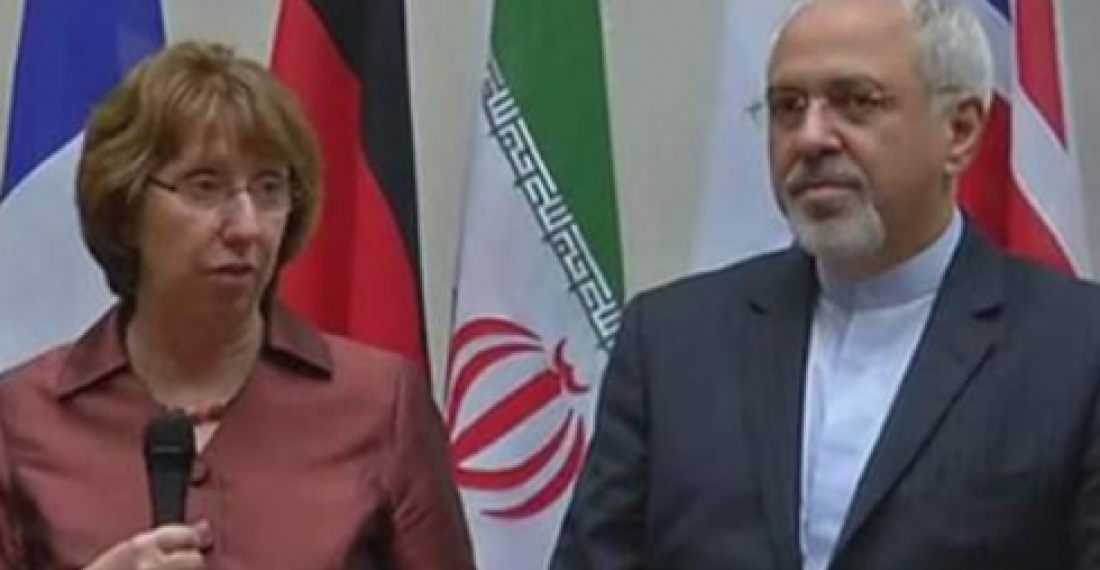Iran has reached a historic agreement with the international community as a result of which it has agreed to curb some of its nuclear activities in return for a relaxation of some of the santions that have been imposed against it. Iran agreed to give better access to inspectors and halt some of its work on uranium enrichment. The agreement came after days of intense talks in Geneva.
US President Barack Obama welcomed the deal, saying it included "substantial limitations which will help prevent Iran from building a nuclear weapon".
Iranian President Hassan Rouhani said the deal recognised Iran's nuclear "rights". But he repeated, in a nationwide broadcast, that his country would never seek a nuclear weapon.
Details of the deal were announced in the early hours of Sunday morning in a statement issued by the European Union High Representative for Foreign and Security Policy, Catherine Ashton, and the Foreign Minister of Iran, Mohammed Javad Zarif. The statement said:
"The EU High Representative and the Foreign Minister of Iran, together with the Foreign Ministers and Political Directors of the E3+3 (China, France, Germany, the Russian Federation, the United Kingdom and the United States), met from 20 – 24 November 2013 in Geneva.
After intensive negotiations, we reached agreement today on a joint plan of action which sets out an approach towards reaching a long-term comprehensive solution. We agreed that the process leading to this comprehensive solution will include a first-step on initial reciprocal measures to be taken for both sides for a duration of six months. We also share a strong commitment to negotiate a final, comprehensive solution.
The adoption of the joint plan of action was possible thanks to a sense of mutual respect and a determination to find a way forward which is beneficial for all of us. The implementation of this first step creates the time and environment needed for a comprehensive solution, which remains the shared goal and on which talks will begin soon.
The work on the implementation of this first step will begin shortly. We look forward to swift implementation, which we will jointly monitor, in close coordination with the IAEA. Today's agreement is a significant step towards developing our relationship in a more constructive way."
Commonspace.eu political editor said in a comment:
"The deal between Iran and the international community is good news for the Caucasus Region too. Iran is an important neighbour for the countries of the South Caucasus, and increased tension and possible escalation in the stand-off on the nuclear issue threatened the stability of the region in many ways, including through a spill over of any possible conflict, as well as through a potential refugee crisis.
The stand of the international community in seeking to curb Iran's non-peaceful nuclear ambitions was also important for the security of the region. The deal that was reached in Geneva opens the way for Iran to play a more constructive role in international affairs, including in its neighbouring regions such as the Caucasus. Although lots of work needs to be done before the nuclear issue is resolved completely this deal provides the first step for the return of Iran as a constructive player in international diplomacy.
The deal is also a success for European Union diplomacy. The EU High Representative Catherine Ashton, has been the leading negotiator in the discussions and put a huge effort towards their succesful conclusion."
source commonspace.eu with the website of the European External Action Service.







